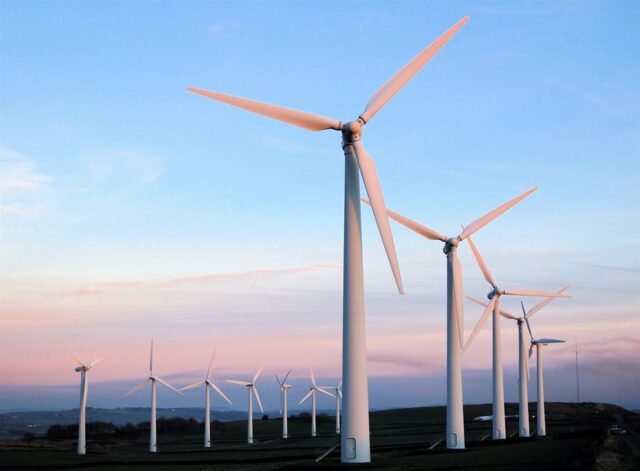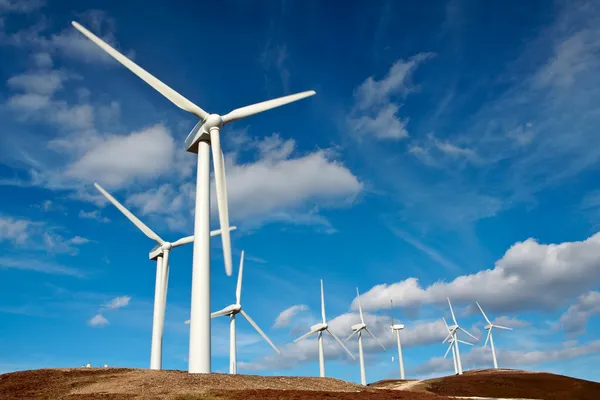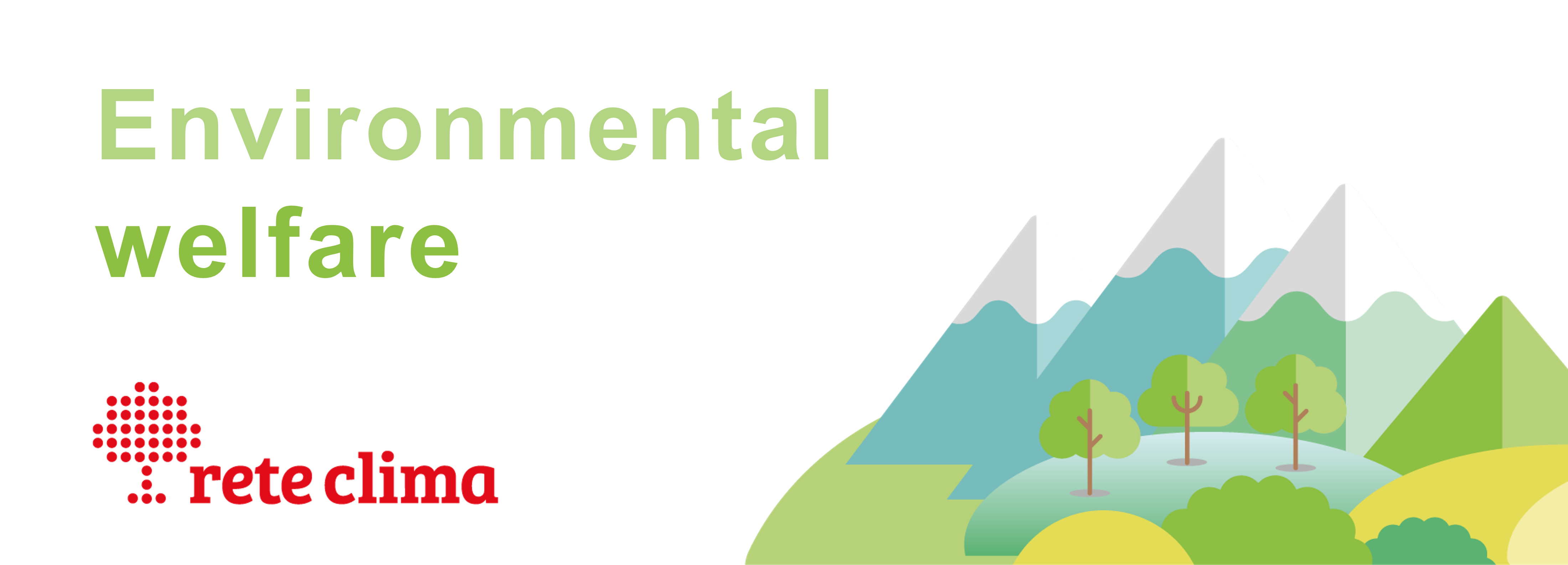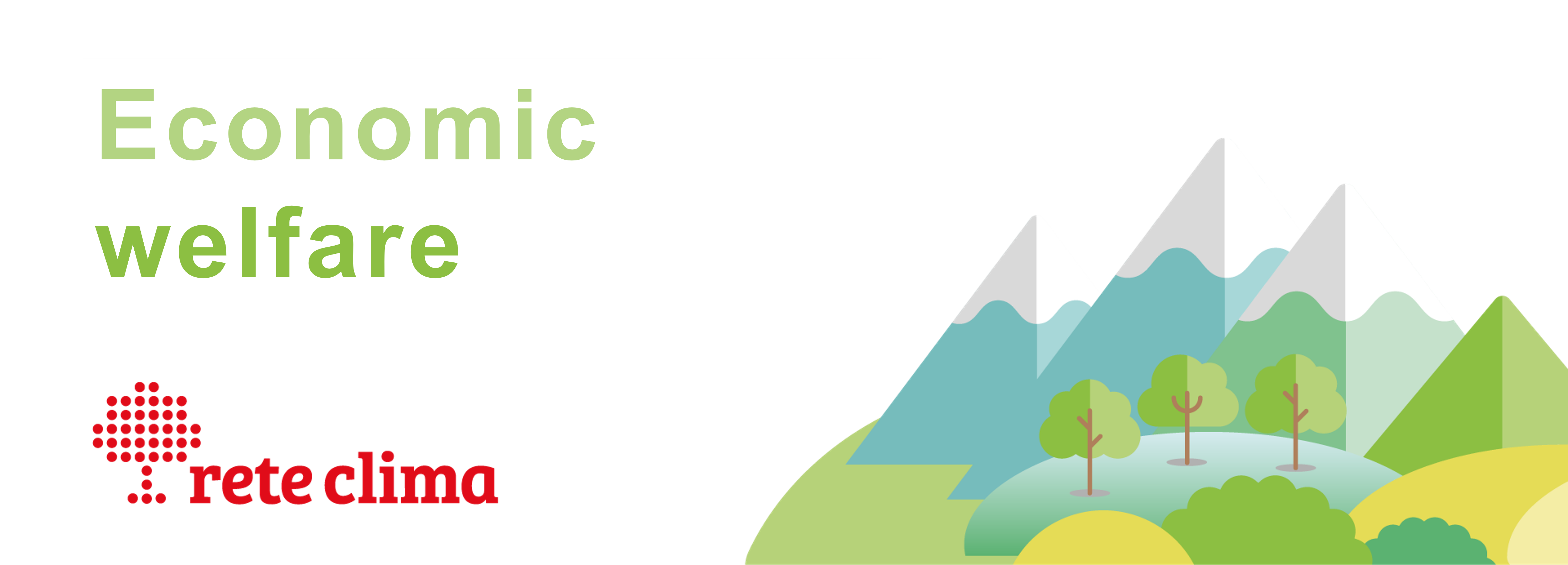MRMPL Wind Power Project in Rajasthan (India)

The project consists in the generation of electricity from wind source through the installation of 16 wind turbine generators (WTG) in Jaisalmer, Rajasthan (India). The aim is to produce energy from renewable sources and thus reduce dependence on fossil fuels for energy needs.
The project contributes to a significant reduction in greenhouse gas emissions since the North East India energy network (NEWNE) is mainly powered by electricity generated from fossil fuels.
Each WTG has a capacity of 1.25 MW, while the total installed capacity of the project is 20 MW.

Below are the social and environmental benefits of the project:

- project activities contribute to local social and economic development by providing (direct and indirect) job opportunities for the local population;
- the project has a positive impact on India’s energy deficit, contributing to the supply of electricity from renewable sources and making energy accessible to more people.

- the project promotes the improvement of air quality in the region by reducing the use of fossil fuels commonly used for energy production. The positive effects observed are the protection of the ecosystem and a positive impact on human health.

- providing job opportunities for the construction phases of infrastructure and plant management, this project activity brings concrete benefits to the local social community.
The Project is defined in compliance with the following Sustainable Development Goals (SDGs):


The Wind Power Project in Rajasthan (India) participates in the VCS Program (Verified Carbon Standard) - Verra (VCS 1781):

The Wind Power Project in Rajasthan (India) participates in the decarbonization activities pool of:


